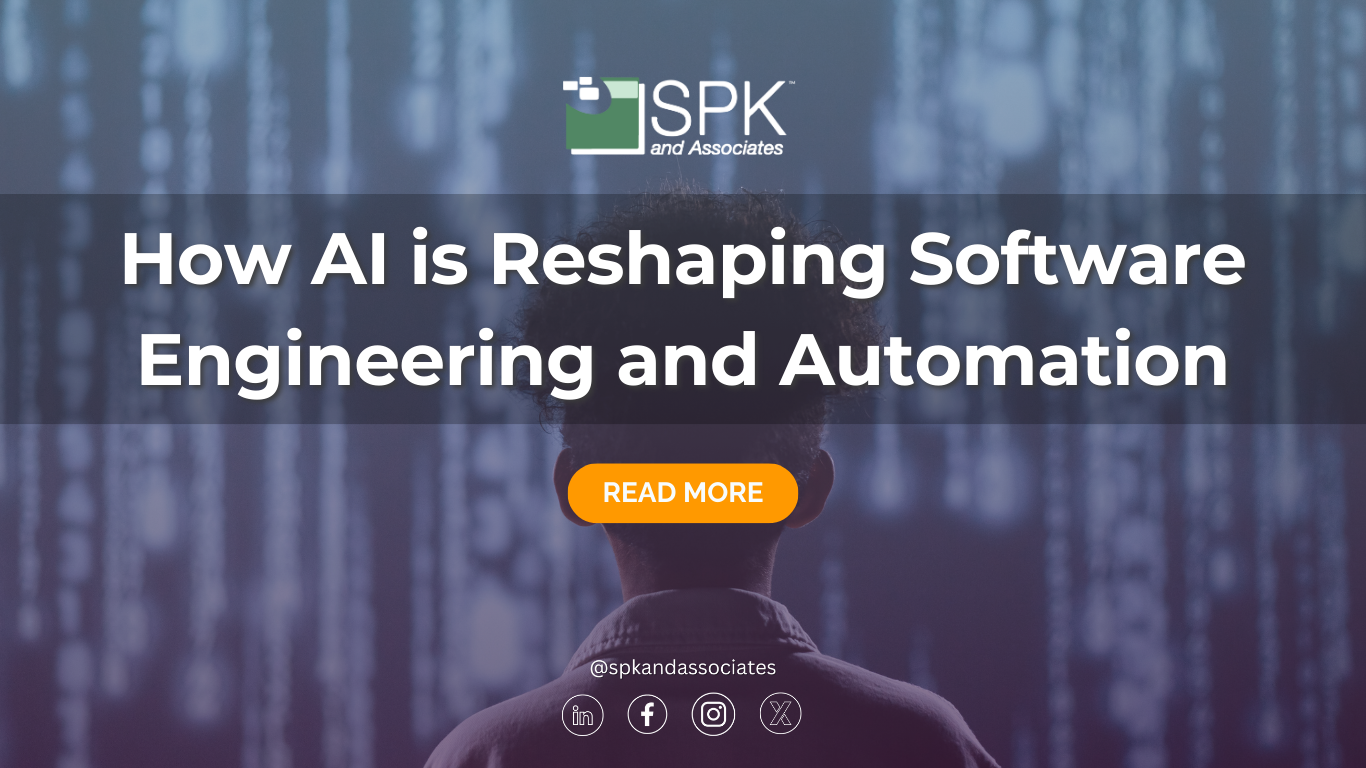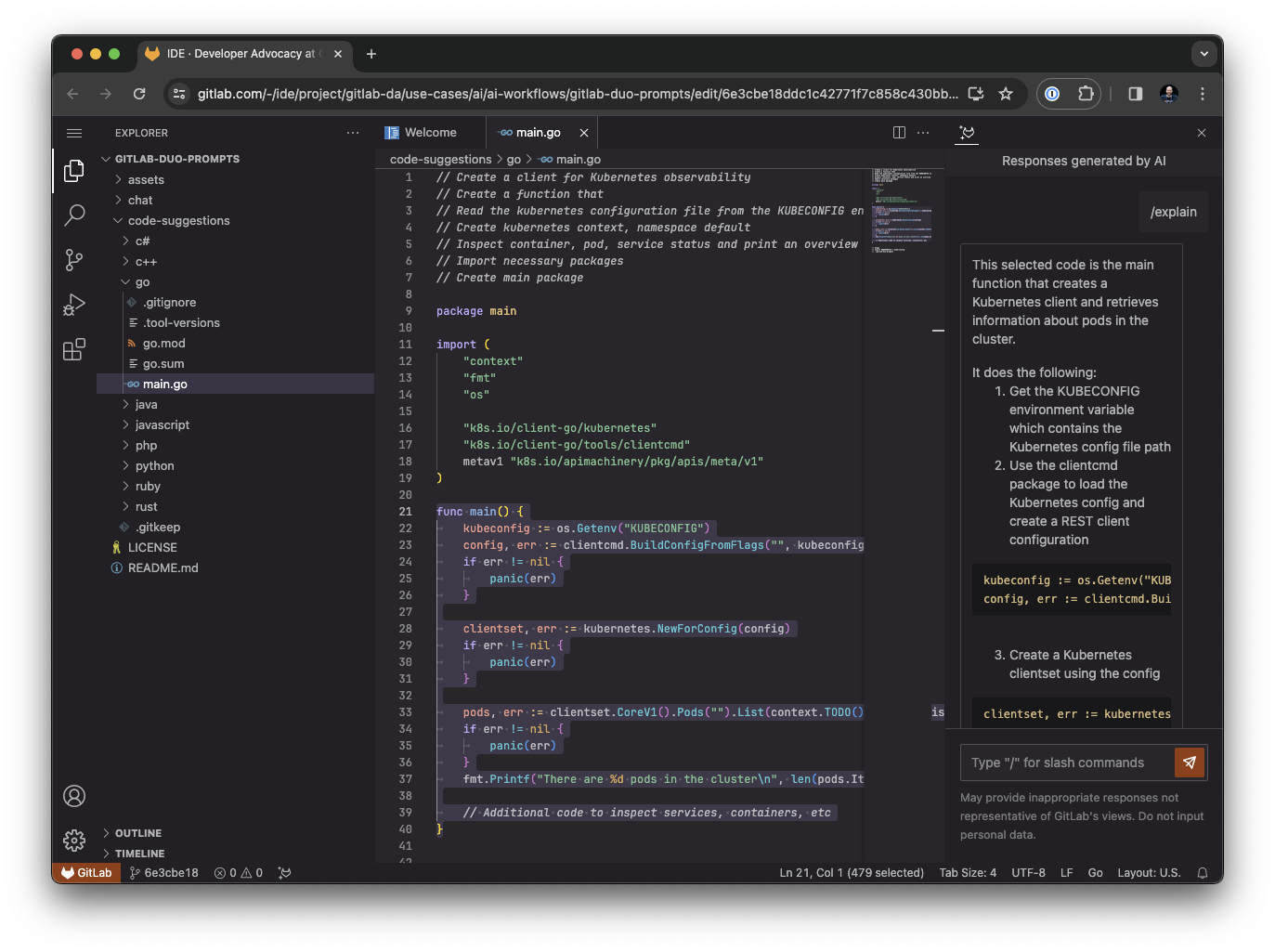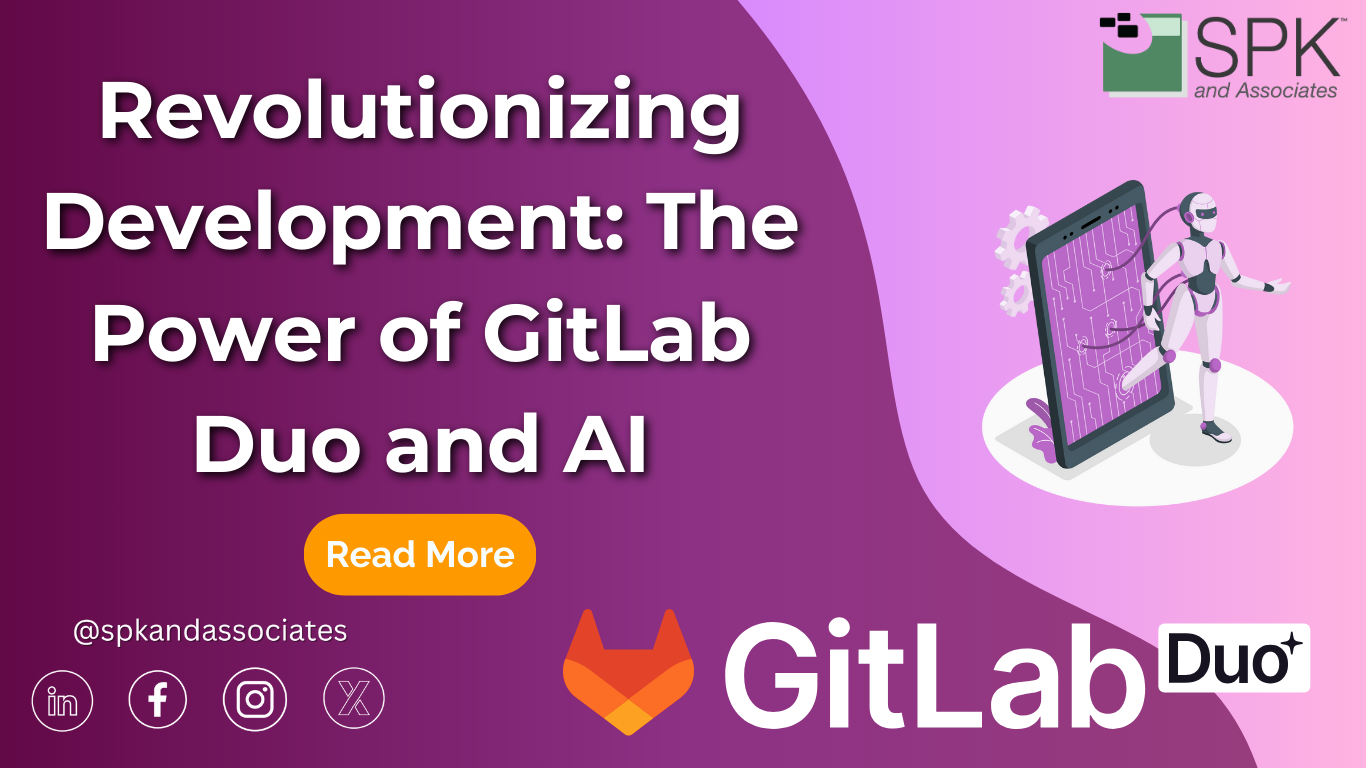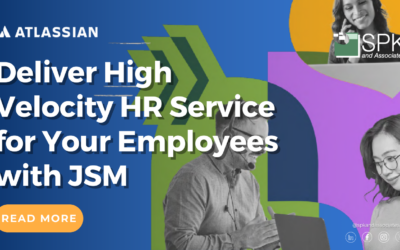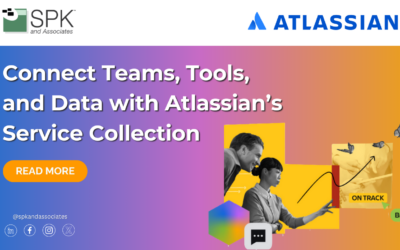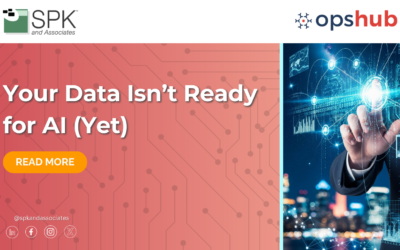The integration of artificial intelligence (AI) into software engineering and automation is revolutionizing the software industry. This integration is enhancing how teams develop, deploy, and manage software. Our team is sharing how transformative the impact of AI is in this blog. We will focus on innovations from industry leaders like Atlassian and GitLab. Let’s explore these innovations along with broader applications in software development.

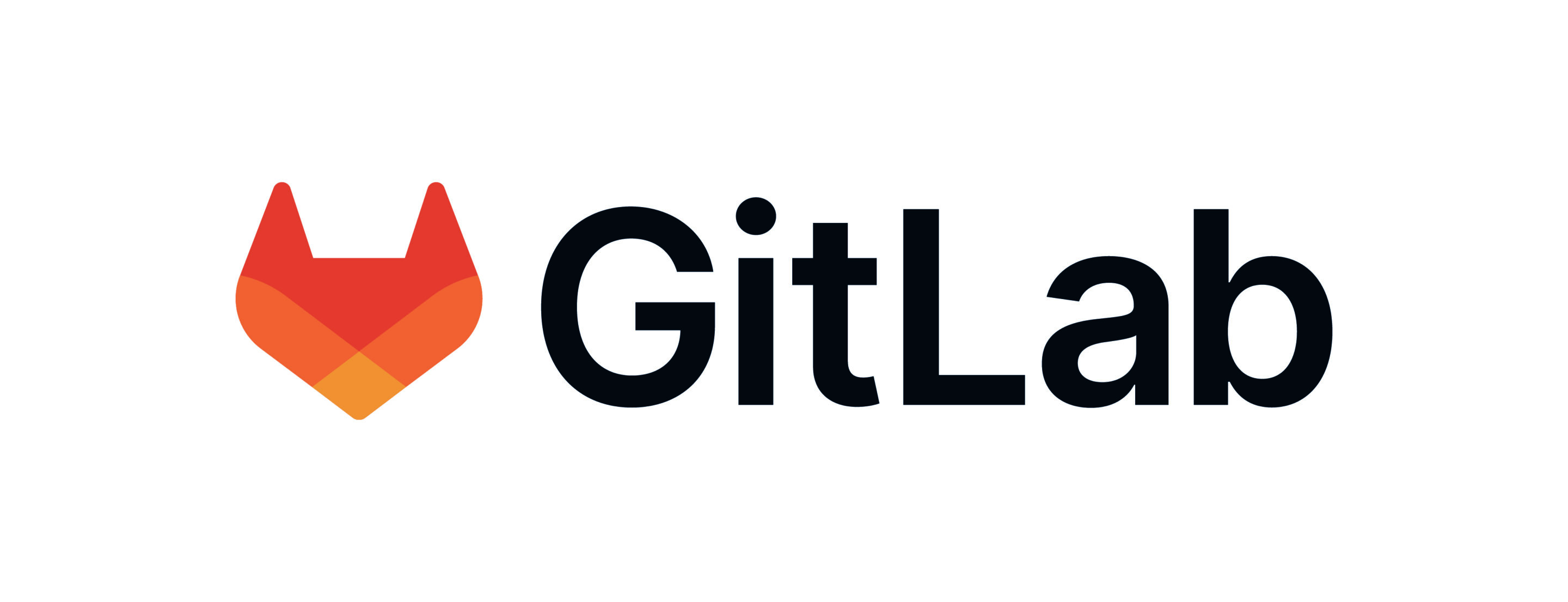
AI in Software Engineering and Beyond
AI is making substantial inroads into the domain of code creation, fundamentally transforming the software development landscape. Tools like GitHub Copilot and GitLab Duo utilize advanced machine-learning models to assist developers. They do so by suggesting complete lines of code or entire functions, based on the work’s context. This AI-driven assistance significantly accelerates the coding process by reducing the amount of manual coding required. For example, GitLab Duo Chat in the GitLab UI, Web IDE, or other supported IDEs, can help developers. These tools aid developers by writing new sections of code, debugging code, or providing recommendations for best practices. However, this is just the beginning of AI use for developers. According to some studies, the AI code generation market CAGR (compounded annual growth rate) will reach 21.4% from 2023 to 2032.
How AI Develops Code
The evolution of AI in tools like GitLab Duo extends beyond mere code suggestions. GitLab Duo includes features like automated code reviews and security assessments. These tools analyze code in real-time, providing feedback and recommendations. Feedback helps improve code quality and ensures adherence to best practices and security standards. AI integration means that software developers can now rely on intelligent automation to handle routine and complex tasks alike. This allows them to focus more on strategic work, adding business value. According to Zero to Mastery, 26.7% of developers noted improved development efficiency due to AI code generators. It is clear AI is helping developers code, but there is much more to their job than just developing software. The continual advancements of AI technologies promise even greater capabilities in the future. Let’s discover other ways AI can help developers.
In the GitLab 2023 Global DevSecOps Report: The State of AI in Software Development, GitLab showed that developers only spend about 25% of their time coding. Thus, there is only so much impact that AI can have. However, the remaining 75% of time can be impacted by AI in other ways. AI can improve planning, aid in faster onboarding, and help get access to the right information at the right time. It makes these positive changes by utilizing automated testing and better documentation.
AI for Software Engineering with Atlassian Products
You can’t talk about software development without talking about Jira, and Atlassian. Atlassian Intelligence and Rovo combine open-source, self-hosted models, and 3rd party hosted models to deliver a personalized artificial intelligence experience for you, your teams, and your workflows. These large language model (LLM) providers do not store customer inputs and outputs, nor will they use this data to train their services. This approach prioritizes the privacy of your data throughout the entire process.
Atlassian Intelligence and Rovo bring the power of artificial intelligence into Atlassian’s cloud products. Built with Atlassian’s Responsible Technology Principles in mind, these features handle your data responsibly. Atlassian Rovo can be used by software developers, or for other teams.
Rovo Chat, provides personalized responses and expert advice through natural conversations. It relies on Atlassian Intelligence for its deep understanding of organizational context. Similarly, Rovo Agents are powered by Atlassian Intelligence to enhance productivity and efficiency by streamlining complex processes and managing repetitive tasks.
GitLab’s AI Initiatives
GitLab is incorporating advanced AI capabilities into its platform through GitLab Duo and GitLab Duo+, which significantly enhance the DevSecOps workflow. These features include AI-powered code reviews that help developers identify and fix issues more efficiently. The code reviews do this by suggesting improvements and highlighting potential errors. Furthermore, GitLab Duo+ extends these capabilities by automating mundane tasks. This increases development velocity and allows developers to focus on more complex problems. These integrations into GitLab not only streamline code development processes but also bolster overall automation efforts within the software development lifecycle.
Case Studies: AI for Software Engineering
Cube
Cube, a software development company based in the Netherlands, utilized GitLab Duo and GitLab Ultimate to enhance their DevSecOps practices. Using GitLab Duo helped them drive secure and efficient software creation. Embracing AI features like code suggestions and chat for summaries, Cube experienced significant improvements in speed and efficiency across their software development lifecycle. This integration enabled them to better manage projects and streamline processes. Ultimately, AI helped them save time and enhance productivity while maintaining high security and compliance standards.
Google has been using AI to predict the likelihood of a code change introducing a bug, which helps in significantly improving code review processes. By analyzing historical data, their AI model identifies patterns that could lead to defects. This allows developers to focus more on potentially problematic parts of the code during reviews.
Microsoft
Microsoft has utilized AI to enhance its developer tools, particularly in making them more accessible. One such initiative includes the integration of AI to assist visually impaired developers in coding environments. It enables them to understand and navigate code through augmented audio cues. This not only aids in writing but also in reviewing code effectively CRN.
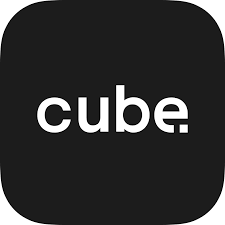

AI Challenges and Considerations
- Data Privacy and Security: As AI systems require massive amounts of data to train, ensuring this data is gathered, stored, and processed securely is paramount to comply with regulations like GDPR.
- Ethical and Responsible AI Use: Ensuring AI systems operate ethically and do not perpetuate biases or make unfair decisions is a significant concern, requiring rigorous testing and oversight.
- Integration and Scalability: Integrating AI into existing systems can be complex and costly, and companies must ensure these systems can scale effectively as they grow.
4. Skill Gaps and Workforce Transformation: As AI technologies evolve, there is a constant need for upskilling employees and restructuring teams to keep pace with new methods and technologies.
5. Cost Implications: Implementing AI can be expensive, not just in terms of initial setup and operation but also ongoing maintenance and updates. Companies need to assess the ROI comprehensively before adopting AI solutions.
AI Trends for 2025
Not sure where AI will take the software development industry? Check out this eBook entitled “GitLab AI Guide for Enterprise Leaders” where you can explore what you need to know today and how you can prepare for the future.
As AI continues to advance, its integration into software development tools is expected to profoundly enhance automation, error reduction, and efficiency in code generation and testing. Tools like GitLab Duo and GitHub Copilot are pioneering this movement by introducing features that not only automate mundane tasks but also significantly refine code quality and predict development needs. Companies seeking to stay ahead in this rapidly evolving landscape should consider partnering with seasoned experts like SPK and Associates. SPK offers specialized guidance in integrating and optimizing AI capabilities within development workflows, ensuring businesses fully capitalize on AI innovations to boost productivity and competitiveness in software development. Contact our team today to learn more.


